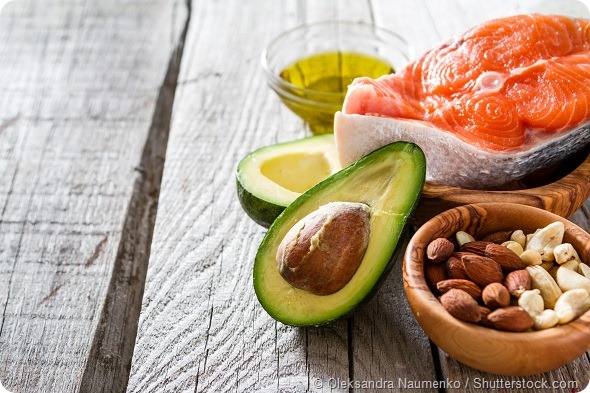Recent research has identified a genetic mutation that prevents high-density-lipoprotein (HDL) cholesterol from being taken up by cells. HDL-cholesterol is commonly referred to as 'good' cholesterol since it is associated with a lower risk of heart disease.

However, individuals with mutations in the gene encoding the receptor for HDL-cholesterol have a higher risk of heart disease despite having high blood concentrations of HDL-cholesterol.
Cholesterol is an essential component of animal cell membranes, allowing cells to maintain their integrity without the need for the rigid cell walls used by plants. It is also needed for the body to produce vital hormones.
The cholesterol we need is typically produced by the liver, but additional cholesterol is derived from our diet. There are two types of cholesterol, low-density-lipoprotein (LDL) cholesterol and HDL-cholesterol.
Excess LDL-cholesterol can stick to the lining of arteries, impeding blood flow and increasing the risk of cardiovascular disorders. For this reason, LDL-cholesterol has been classed as 'bad' cholesterol.
Measurements of plasma LDL-cholesterol levels are therefore used as an indicator for cardiovascular risk. High-risk patients are commonly prescribed statins, which lower LDL-cholesterol and have been shown to reduce the risk of heart disease.
In contrast, HDL-cholesterol ('good' cholesterol) prevents the build up of LDL-cholesterol, thereby reducing the risk of it clogging arties and causing heart disease. Based on this logic, drugs were developed to increase HDL-cholesterol levels but, contrary to expectations, they did not lower the risk of heart disease.
Further research showed that some people with high levels of supposedly 'good' cholesterol actually have a greatly increased risk of heart disease. Large population-based studies have now helped understand this apparent paradox.
Individuals with unusually high levels of HDL-cholesterol were found to have a rare mutation that prevents HDL-cholesterol being taken up by liver cells so the fats it is carrying cannot be processed.
The HDL-cholesterol is thus prevented from performing its protective role. Consequently, affected individuals have an increased risk of cardiovascular disease despite having high levels of circulating good cholesterol.
This is one of the first studies to show that some people that have high levels of 'good' cholesterol actually have a higher risk of heart disease so it challenges our conventional wisdom about whether 'good' cholesterol is protecting people from heart disease or not."
Prof Adam Butterworth, researcher with this study.
Source:
Zanoni P, et al. Rare variant in scavenger receptor BI raises HDL cholesterol and increases risk of coronary heart disease. Science 2016;351 (Issue 6278):1166–1171.